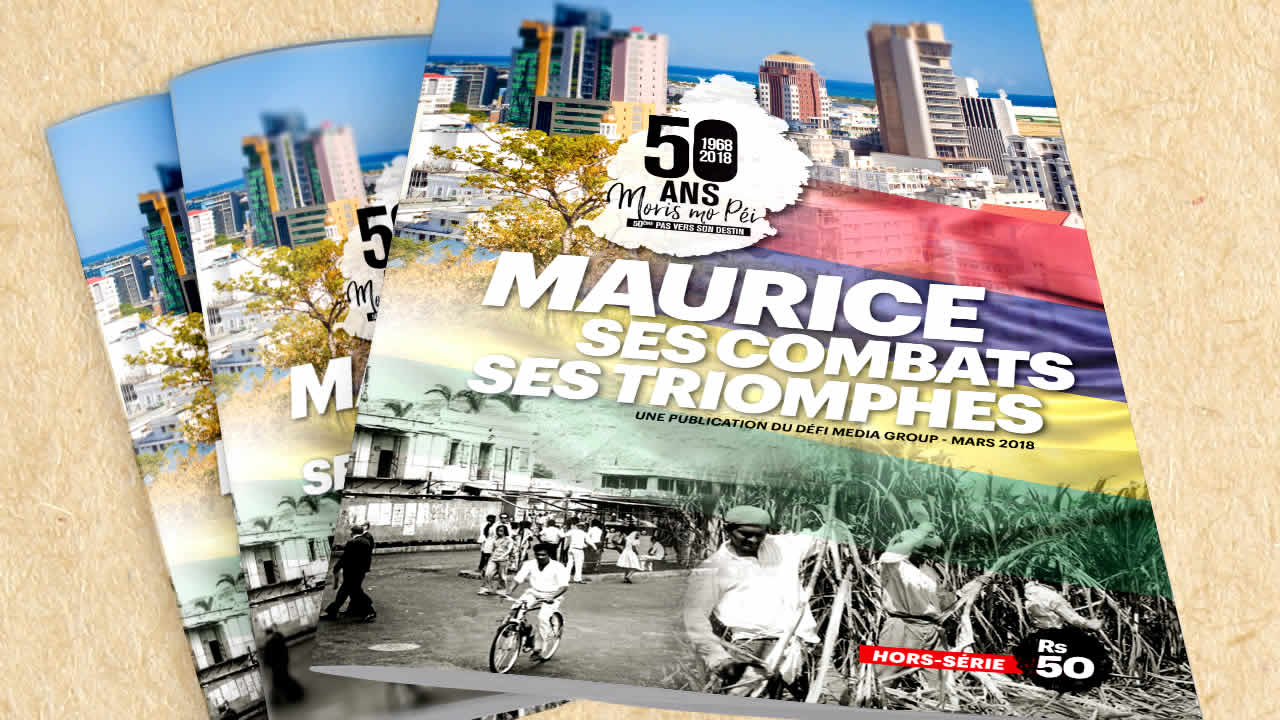
Independence is not about a flag, a national anthem, a public holiday or a passport. It is much more than a veneration of symbolical instruments. It is the celebration of individual freedom, dignity and self-respect amidst togetherness and sharing in sacrifices as in rewards. In the twenty-first century, the concept of Independence is fast morphing into Interdependency within an integrating networked world, triggered by socio-economic exchanges and global conversations about all things that matter.
Consider the new political landscape that emerged with the end of the Cold War. The fall of the Berlin Wall and the collapse of the communist regimes in Eastern Europe opened the gates towards more market-oriented economies in Europe. When China, and eventually India, joined the fray of market liberalization in the late 80s and early 90s, it was clear that the world was well on its way towards becoming a global market place.
The World Trade Organization and regional economic blocs have enabled this trend by facilitating trade and commerce. Cheaper transportation and the deregulation of finance have accelerated the exchanges of goods and services, as well as the movement of labour and capital, respectively. Backboned by the information technology revolution, all these trends compounded to transform the world into a global village, at least digitally. So much so that the sanctified concept of National sovereignty is being revisited since digital networks transcend physical frontiers and eliminate distance. Just think about the magic of instant money transfer and the impact of Facebook!
The sanctified concept of National sovereignty is being challenged since digital networks transcend physical frontiers and eliminate distance.
However, despite all the dreams and nightmares surrounding globalization and the glitters of the new brave world, the self-interest of nations and, therefore, geopolitics, are well too alive and kicking. Mauritius, unlike former colonies such as Algeria or Vietnam, did not shoot a single bullet to obtain its Independence. Except that in its wake, the Chagos Archipelago was excised from the national territory. Besides the human suffering endured by the uprooted islanders, Mauritius lost de facto millions of square kilometres worth of territorial waters and their underlying riches.
We reckon, today, that this broad daylight robbery of natural resources must be righted. History informs that it is unpardonable to commit twice the same error. So, vigilance is in order about the future status of Agalega, Tromelin, Rodrigues and other “dependencies.” These so-called dependencies are in fact nodal assets within the UN sanctioned Exclusive Economic Zone framework – that gives a country special rights over 200 nautical miles surrounding any parcel of its territory.
In economic terms, loosing just one node in the matrix means losing large swatches of potentially petroleum and mineral rich assets, to say nothing about other oceanic resources. Mauritius, being courted by big powers such as the USA, France, India and China, must ensure that its patrimony is used in the best interest of its people, and not allowed to be squandered to the benefit of foreign powers and a coterie of the comprador bourgeoisie.
The country relied at the time of Independence upon a monocrop economy – those were the days when sugar was King, and tourism was about to become Queen. The commanding heights of the economy, though, were in the hands of thirteen families. No agrarian or other structural reforms were undertaken, as in some freshly independent countries. Ruling over a coalition with a partner who campaigned against Independence, SSR successive governments preferred Reforms to Revolution as a mode of governance. In the light of what happened in neighboring countries, this soft strategy, was, in retrospect, a blessing in disguise.
Disruptive innovations call for deep rethinking and radical change in our way of doing things and dealing with the technology enabled and network empowered citizens.
Today, however, since the new economy mirrors a world of plenty amidst very little for literally hungry masses, a class-based debate, with racial overtones, hovers on the question of social inequality. In parallel, while the political castes pander to their respective electoral constituencies, human resource productivity consideration appears to be none of their business. Firms, the organized generators of Gross domestic product, are struggling as costs keep rising higher than productivity. Innovation, a productivity enhancement factor, is one way of getting out of the inequality/competitiveness conundrum. But where would the innovators, engineers, AI and algorithm magicians sprout in the face of an educational system that has been everything, except being STEM (science, technology, engineering, mathematics) friendly? Let’s hope that the educational reforms under way take good care of this sustainability-related challenge!
As it unfolds, the digital economy will challenge, in every manner, the way we have been accustomed to work, socialize, and go along with our everyday activities. Right now, traditional institutions such as banks are being disrupted as digital payments and cryptocurrencies become the harbingers of tomorrow’s fragmented, distributed systems based on blockchain technology. The peer-to-peer circulatory economy (e.g. going Uber or practice transport sharing) as well as e-commerce and direct exchanges, on Facebook as on eBay, announce the death of intermediary agents, and the birth of the prosumer (producer as well as consumer) specie – a term coined by Alvin Toffler in the early 90s.
All the same, disruptive innovations are redefining various nexus of interactions – be they business, politics, organizations. Hierarchical types of relationships between employers/employees, politicians/citizens, parents/children, are all being flattened and, in some cases, are fast becoming horizontal level playing fields. At least, people are using digital communication to empower themselves, have their say.
Disruptive innovations call for deep rethinking and radical change in our way of doing things and dealing with the technology enabled and network empowered citizens. Leaders – be they politicians, businesspersons, priests, socio-cultural chiefs, stakeholders of all sorts – are all called by these new trends to change their patterns of behaviour and modes of engagement. The traditional discourse no longer holds vis-à-vis educated youngsters, who critically expect much more than lip service. Are we as a Nation at 50 prepared to face the challenges of the Inter-dependence era?








